In what’s been billed by the Scottish Government and VisitScotland’s marketing arm as “Scotland’s Year of Stories”, it’s impossible to get worthwhile access to the raw materials needed by anyone looking to tell the most basic of all such stories – our nation’s history.
That’s why more and more of the many researchers, businesses and others impacted by this state of affairs are pressing for the removal of barriers without parallel elsewhere in the UK.
What’s wanted is an easing of the drastic restrictions presently imposed on anyone wishing to spend time in General Register House, at the eastern end of Edinburgh’s Princes Street.
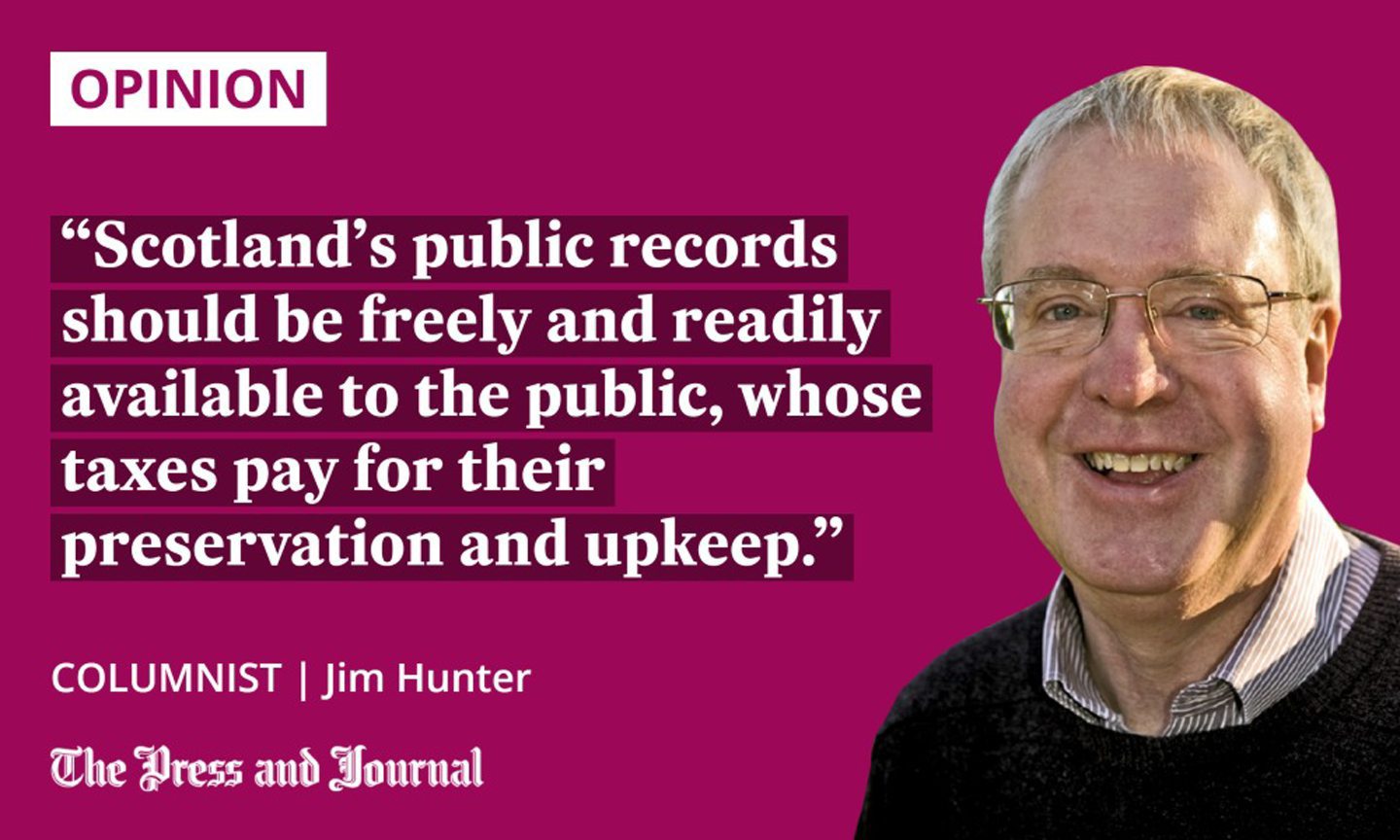
The building is home to the National Records of Scotland (NRS), the Scottish Government agency charged with looking after the country’s public records – records that should be freely and readily available to the public, whose taxes pay for their preservation and upkeep.
Among items in NRS care are medieval parchments, such as the much publicised Declaration of Arbroath, dating from 1320. But, the bulk of NRS holdings consist of paper-based documentation, generated over centuries by the people – monarchs, aristocrats, politicians, civil servants and others – who have shaped the way Scotland has been run.
Among this material are the surviving records of the governments in charge of Scotland in the era prior to the country’s 1707 union with England. More recent records deal with the activities of post-1707 organisations with key roles in the country’s life – courts, churches, the Scottish Office, public bodies of all sorts.
Restricted access to records
Should you want to engage in detailed exploration of just about any aspect of Scotland’s past, then your inquiries will take you to Register House.
Who exactly ordered the Massacre of Glencoe? Why were unmarried mothers routinely shamed in 18th-century churches? What was done to combat typhus, cholera and other Covid forerunners? How did agencies like the Hydro Board, the Coal Board or the Highlands and Islands Development Board go about their business, and with what success?
Getting answers to these and a thousand other questions depends on being able to spend time in Register House – more specifically, in the building’s impressively panelled and invariably hushed historical search room.
An unusual fact for #Archive30 🔍
In 1779, Registers House (now known as General Register House & home to @NatRecordsScot) was used as Edinburgh's first airport. The unfinished rotunda saw the assembly and launch of many hot air balloons 🎈
Read more | https://t.co/aiIOYT1Z15 pic.twitter.com/AwtyAHRQMJ
— Registers of Scotland (@RegistersOfScot) April 29, 2019
It’s now more than 50 years since I first made my way there. My mission was to research and write a doctoral thesis that afterwards became a book, The Making of the Crofting Community – its contents deriving largely from the mass of documents that, once they’d been identified with the aid of Register House’s admirably comprehensive catalogues, were brought, day after day, week after week, to my desk.
My thesis couldn’t have been completed if I’d been subjected to the conditions NRS is currently imposing on researchers. Neither could my most recent book, Insurrection – its account of the food riots that convulsed communities all around the Moray Firth in the 1840s being every bit as reliant as my thesis on public records.
There are lots of people whose careers and livelihoods are being put seriously at risk by NRS policy
That’s because walk-in entry of the once standard type has gone from Register House. Now, prospective researchers have to email NRS with a list of no more than 12 items culled from an online catalogue. A Register House access slot is then allocated. This slot, however, will be between five and eight weeks after the initial approach.
That’s bad enough. But worse is to come. Once you’ve inspected your first 12 items, the application process restarts from scratch – so, several more weeks pass before you get as much as a glimpse of the next tiny batch of the possibly hundreds of documents you want to see.
Open letter calls to put things right
As luck would have it, I’ve no pressing reason to visit Register House. But, there are lots of people whose careers and livelihoods are being put seriously at risk by NRS policy.
They include students with theses to write, authors and academics with publication deadlines to meet, professional researchers whose businesses rely on providing prompt services to the huge number of folk worldwide with an interest in finding out about their Scottish ancestry.
Now, the operator of one such business, Edinburgh-based Fergus Smith, is organising an open letter to NRS chief executive Paul Lowe, with a view to getting Register House access arrangements sorted out. I’m one of this letter’s signatories.
All of us accept that it was necessary to close down Register House and similar facilities at the height of the Covid pandemic.
What none of us can understand is why NRS is proving uniquely slow to open up again. Equivalent organisations, like the UK National Archive in Kew and Northern Ireland’s Public Record Office in Belfast, are once more operating on a pre-pandemic basis.
We’d very much like Mr Lowe or, failing that, the responsible Holyrood minister, Angus Robertson, to explain why Scotland is lagging so far behind and, more importantly, what’s being done to put matters right.
Jim Hunter is a historian, award-winning author and Emeritus Professor of History at the University of the Highlands and Islands
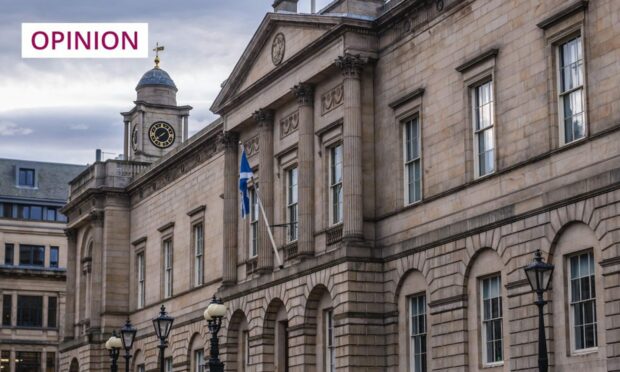
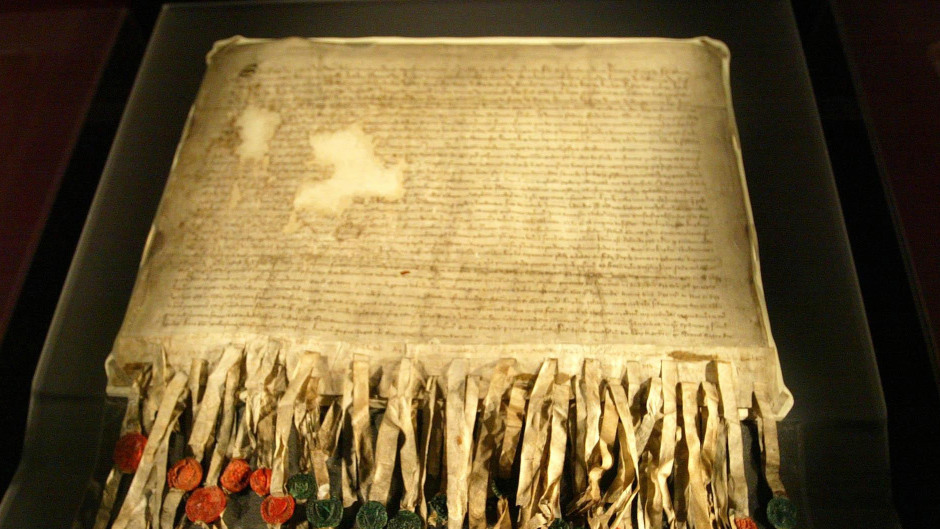


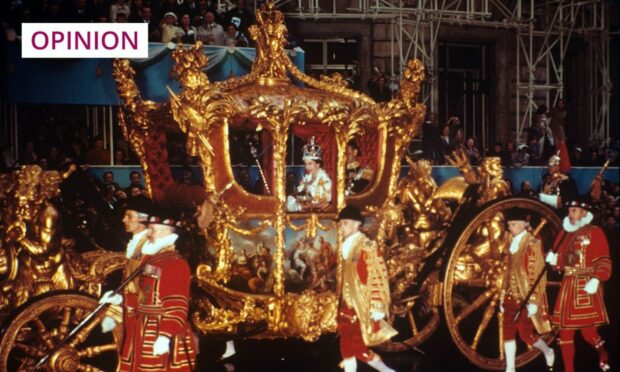
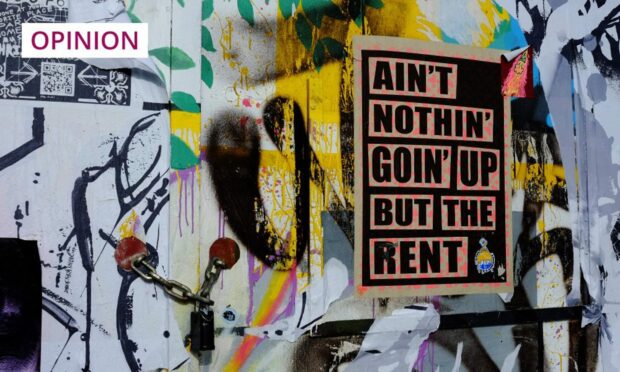
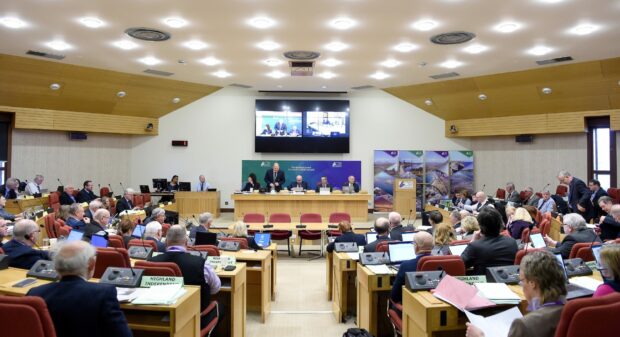
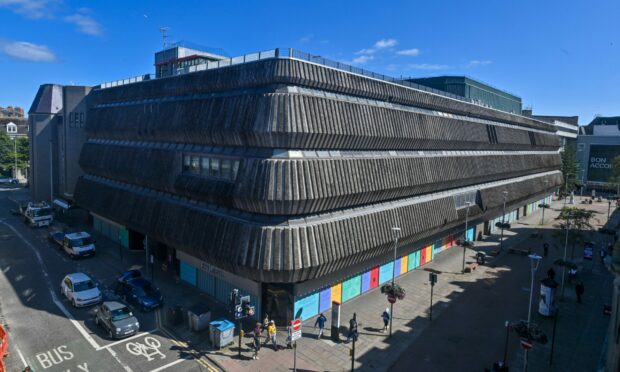
Conversation